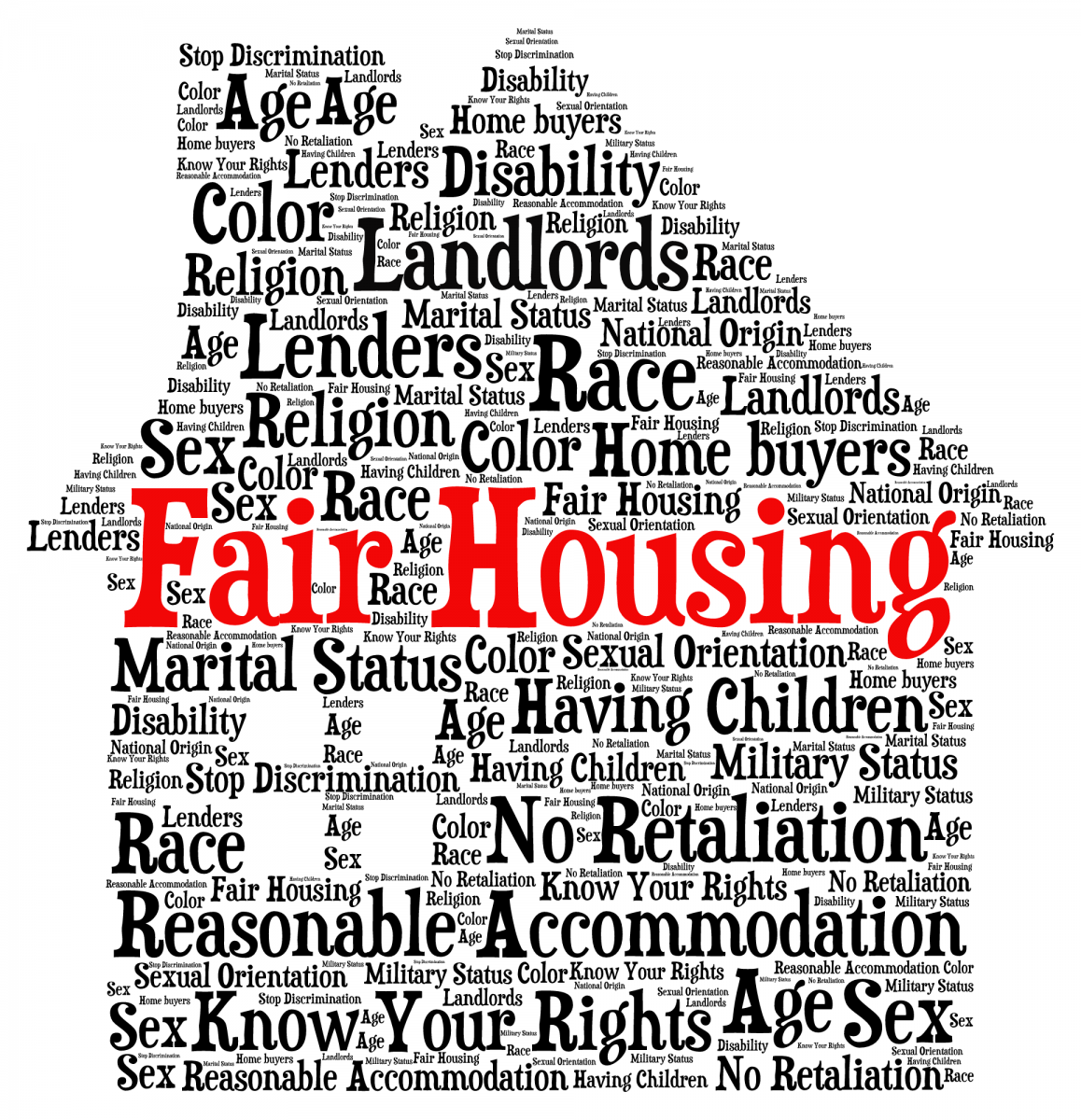2020 begets a new opportunity to become a better landlord or advising your clients how to cauterize risk and optimize the value of their investment portfolio.
We continue our tradition of offering resolutions rental housing providers might consider as we prepare to usher in a new year. Here’s what made the top of our list.
I will serve notices without delay.
Our hard-won experience has shown many landlords are conflict avoiders and would rather kick the can down the road, in the wishful thinking that these disputes will resolve on their on their own. Ordinarily, the passive landlord risks losing months of rent payments, compounded damage to the unit and other consequences unless he or she takes proactive action. Increasingly, though, time is not on the side of landlords, as two newly minted laws are added to the mix.
Weekends and court holidays will no longer count toward the expiration of three day notices, thanks to AB 2343, a statute that affords tenants more time to respond to evictions.
Under AB 1110, landlords will soon be required to provide a 90-day notice to tenants whenever rent increases exceed 10%, essentially giving month-to-month tenants an extra 30 days heads up, since under existing law, the owner must be afforded 60 days notice before the effective date of a rent increase north of 10%.
I will take care of my resident managers, in full compliance with employment laws.
If your unit has 16 or more units, the law prescribes that a “responsible person” must reside on the premises and “have charge” of the building. These resident managers are considered employees and not independent contractors. Two items to be aware of:
- The maximum allowable rent charged to a manager who is required to live on site as a condition of employment will increase, and the maximum amount of discounted rent that may be credited to the wages owed to the manager will likewise be adjusted.
- Lawsuits by disgruntled resident managers and their enterprising attorneys are proliferating, with the financial consequences of a verdict against the landlord quite hefty.
Hiring, compensating and terminating resident managers is tricky, making it imperative that you familiarize yourself with the rules and perhaps tether your rental business to an attorney with experience in employment and landlord-tenant law. We provide more context here.
I will thoughtfully review my communication in rental ads, leases, and other correspondence.
With the collective moans against rising rents, displacement, and epic communes, the political rhetoric has taught us that landlords may have a target on their backs, but rental property owners can become more of a flaming beacon by muttering things that are better left unsaid.
Take for instance, a Craigslist apartment listing that says, “NO Section 8.” This is a prima facie violation of California’s fair housing laws and some opportunistic attorneys will cook up a lawsuit based on this exclusionary language.
Case in point is this story surrounding a San Diego attorney, who single handedly brewed over 50 lawsuits against offending landlords who advertised their disfavor of tenants with subsidized housing vouchers.
We were intrigued to come across this article spawned when one landlord put a clause in the lease requiring prospective tenants to certify he or she does not have psychological issues that would necessitate the need for an emotional support animal. The ad became a heat-seeking missile in the news feed, replete with quotes from tenants’ attorneys.
To avoid a costly lawsuit or backlash, landlords are well advised to keep their eyes and ears opened, and their mouths closed. When it comes to this type of communication, less is more.
I will review my policy regarding short-term rentals.
As Daniel told the San Francisco Chronicle, the horrific Orinda shooting that took place in the Airbnb Mansion Party on Halloween night illustrated the risk you face when you “arbitrage your house on Airbnb… you may be ‘sharing’ with people who you don’t know from a hole in the head.’
There are more considerations for would-be hosts in this blog on the scary legal issues the Halloween massacre epitomizes.
I will invest in deferred maintenance, respond to repair requests quickly, maintain reserve funds, and only use licensed contractors.
When a tenant faces an eviction action, he or she can claim that the rental unit is inhabitable, and we have seen an influx of enterprising tenants’ attorneys who use this defense, many whom provide legal assistance to outgoing tenants at no cost.
Make sure your building is up to applicable code and when residents have legitimate repair requests, please don’t be a pennywise and pound foolish – make the repairs in a reasonable timeframe. We also recommend maintaining liquid reserve funds, having enough money in the bank to respond to emergencies.
If a project requires specialized knowledgeable or unique risks, it is not the time to skimp by hiring a friend of a cousin who is not licensed or performs work beyond the scope of their expertise. You may also consider hiring a property management company to take a hands-off approach.
I will review my lease with Bornstein Law to ensure it is not prehistoric in an age of new laws.
A recurring theme we notice in every season is the use of stale, templated documents, but with the advent of statewide rent caps and rent controls, using obsolete leases is all the more alarming.
We have studied AB 1482 and have requisite notices prepared. You are welcome to contact our offices to make sure your leases are compliant in a new era.










